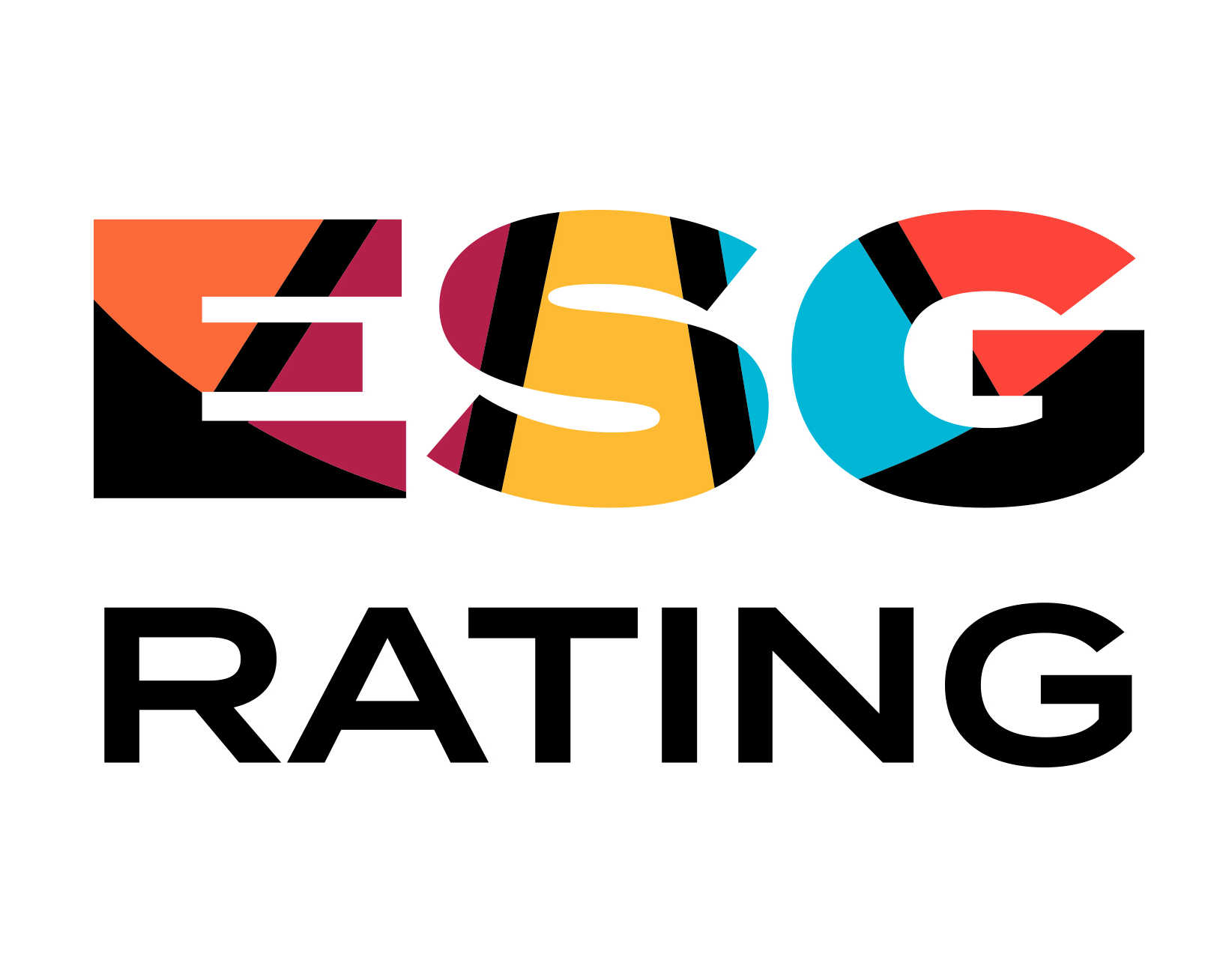CEMS Helps to Understand the Shift Towards ESG in Czech Business
In today’s global business landscape, companies worldwide are increasingly recognizing the significance of environmental, social, and governance (ESG) factors in their operations. As the agent of change, CEMS at the Faculty of Business Administration at the University of Economics in Prague has a key role in ESG Rating – a project in cooperation with the Association of Social Responsibility that monitors and acknowledges Czech companies with the best approach to ESG. The project wouldn’t exist without a unique methodology developed by CEMSies and led by their academic director Ladislav Tyll. What are the results?
A total of 135 Czech companies participated in the ESG Rating, which is 55% more than the previous year. Their combined revenue in 2022 amounted to 1.2 trillion Czech crowns, contributing 17.2% to the Czech GDP. Among these, there were 52 large enterprises and 83 small and medium-sized businesses.
“According to the values and mission of CEMS alliance, we do not want to praise organizations that claim to be completely green and socially responsible but to especially recognize those companies that report on their environmental impacts and social values honestly and transparently,” says Ladislav Tyll, who was responsible for the methodology and ESG Rating evaluation.
Czech companies are still in the learning phase when it comes to ESG, but there are examples worth mentioning.
ESG Rating reaffirms that the size of a company directly impacts the quality and depth of its ESG reporting. “Small and medium-sized enterprises generally achieve lower scores in all ESG areas, which is an expected outcome reflecting limited resources, the ability to hire specialists, and knowledge of sustainability-related topics. Conversely, larger companies often dedicate dozens of employees to ESG matters. This trend is particularly noticeable in banking institutions,” explains Tyll.
“Among the largest companies, many cover the majority of evaluated ESG topics and engage in activities that go far beyond obligations or norms. For example, ČEZ scored the highest among all participating companies because it extensively addresses almost all ESG factors in its non-financial reports and transparently communicates them to the public,” says Tyll.
Similarly, Moneta, which secured the second position in the rankings, scored highly in various areas across all three ESG pillars. Not only does it have a detailed overview of its carbon footprint, but it also strives to obtain the most accurate data on greenhouse gas emissions from its suppliers. The company has successfully narrowed gender pay gaps and disparities among employee groups in general. For instance, all employees are entitled to a day off for wedding preparations, regardless of gender or type of relationship.
Ranked third, Coca-Cola HBC comprehensively covers a wide range of criteria, especially in the G and E pillars. The company has consistently reduced waste per unit and, in 2022, over 33% of its management in the Czech and Slovak branches were women, despite the significant manufacturing and logistical nature of its activities.
Among the participating large enterprises, the top-rated companies for their ESG reports were:
1. ČEZ Group
2. MONETA Money Bank
3. Coca-Cola HBC Czech Republic and Slovakia
4. Vodafone Czech Republic
5. Československá obchodní banka (ČSOB)
6. Komerční banka
7. Albert Czech Republic
8. Letiště Praha (Prague Airport)
9. Veolia Czech Republic
10. Hyundai Motor Manufacturing Czech
ESG Rating data show that approximately one-third of large companies directly oversee the ESG agenda under the CEO’s supervision. This, however, is unusual compared to practices abroad. “In foreign countries, this agenda is often delegated to Chief Sustainability Officers (CSOs) who are part of the company’s top management, divided among individual members of the management, or falls under the responsibility of financial directors,” explains Tyll, adding that Czech companies are just beginning to create CSO positions. The Faculty of Business Administration intends to focus on educating these experts through a newly established ESG specialization.
